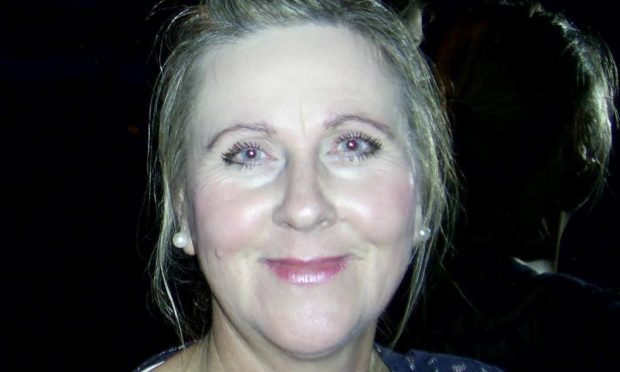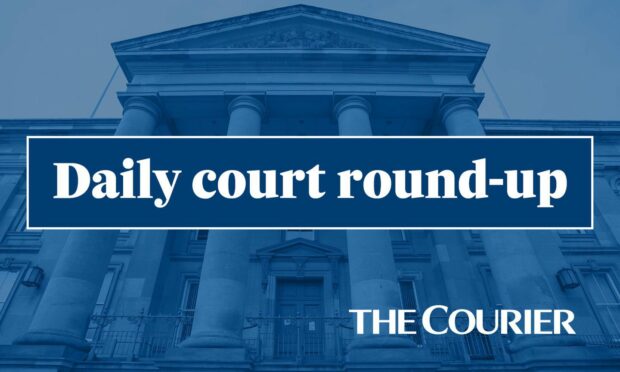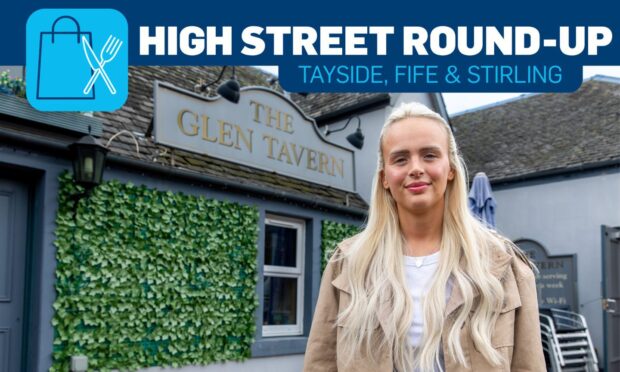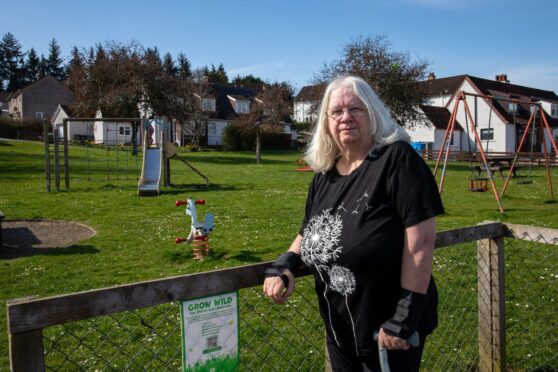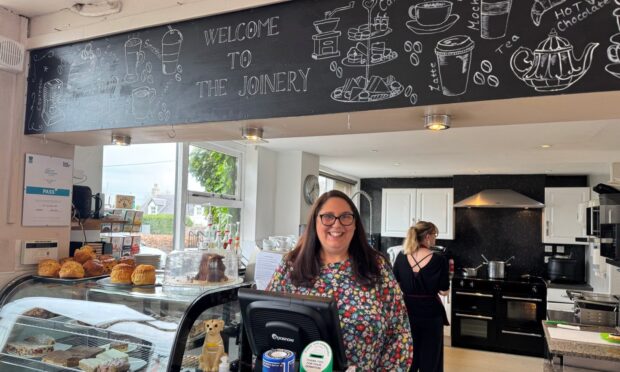Health chiefs have been warned not to rely on medication to treat an impending “tsunami” of mental health problems.
Charity Plus Perth, which has been fighting for better psychiatric services in Tayside, warned of a “new pandemic of mental illness” as a result of lockdown and said an over-reliance on medicine would be a “travesty”.
NHS Tayside is bracing itself for a surge in cases and its board heard last week people with no history of mental illness could develop psychological problems during lockdown.
Public health chief Drew Walker told the meeting the full impact would only become clear once restrictions ease further.
Susan Scott, development manager at Plus Perth, said problems with mental health services – highlighted in Dr David Strang’s damning report that called for “radical reform” – did not instil confidence.
“The narrative is paving the way for a new pandemic of mental illness. A narrative where medicating people is the most realistic, but unfortunate, solution if the numbers are to be believed.
“The medicalising of current and future distress is a travesty. The long-term impact of this is often devastating for the person and costs more money for the country.
“The iatrogenic harm done to people as a result of medical treatment can be avoided if the resources needed are allocated to where people are being helped most at the onset of any distress. People need responded to when they say they are in crisis, not when the doctor or nurse decides it’s a crisis.”
Ms Scott said she was “increasingly worried” that people might be encouraged to believe they have a mental illness, when it is simply their natural response to the crisis.
“Distress is not a mental illness and shouldn’t be treated as such. No medications can treat loneliness and isolation. What many people are feeling right now is entirely understandable.
“We must not medicate our emotions. We are responding in human ways to bad times.”
Throughout the pandemic, Plus Perth has stayed in touch with its 300 members via a weekly newsletter.
Some members have even reported feeling better, or experiencing no change, since lockdown began, Ms Scott said.
NHS Tayside declined to respond directly to Plus Perth’s statement, but referred to Dr Walker’s comments at last week’s board meeting.
He said evidence suggests lockdown will be “having a significant impact on people whose mental wellbeing has up until now been good.”
“This will have caused some deterioration. People whose mental wellbeing has been fragile. Many of those will be in a more fragile position than they were previously. People with established mental illnesses will have their situations exacerbated,” he added.
The health board is now preparing a paper “to identify the key areas where mitigating actions are required to reduce the impact of Covid-19 on population mental health.”
